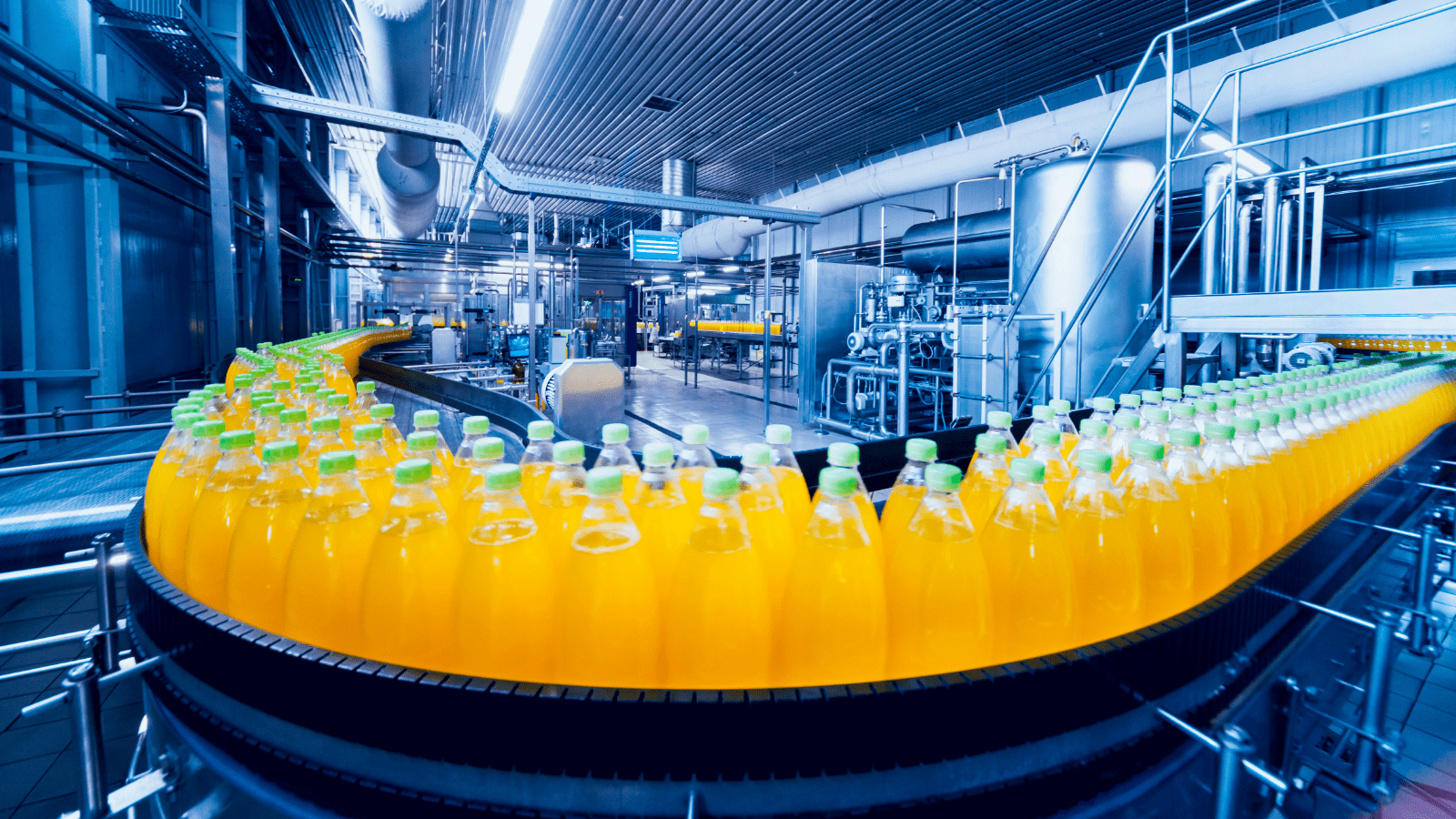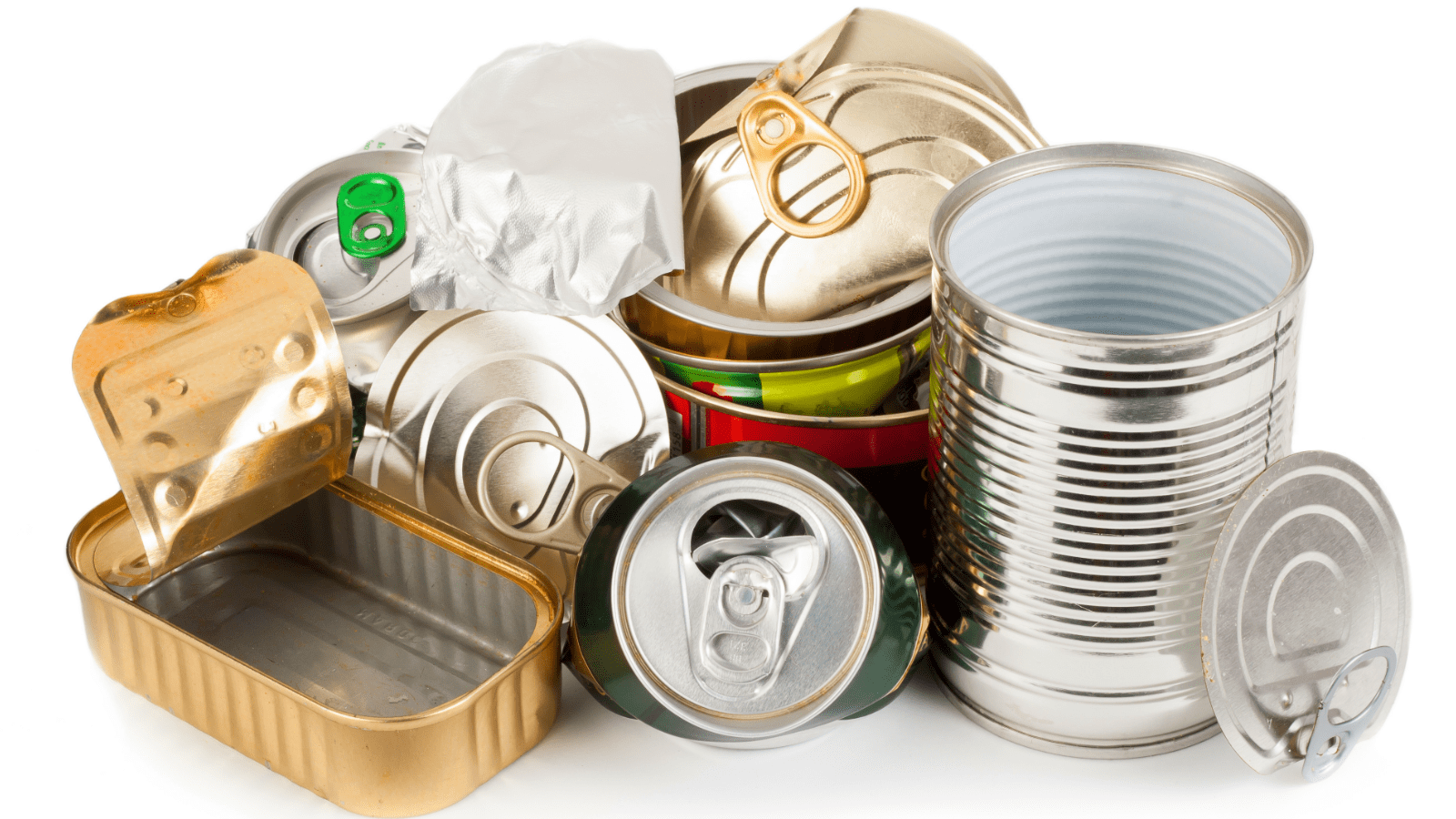Future forecast: 3 trends in interactive packaging that could be the new normal in 2023

Future forecast: 3 trends in interactive packaging that could be the new normal in 2023
Three trends that could define interactive packaging in 2023 and beyond
When it comes to packaging today, attractive and informative no longer suffice. Instead, interactive packaging could be the new benchmark for leaders in the packaging industry to pursue. Designed to create consumer engagement in one way or the other, interactive packaging creates a deeper connection between the customer and your brand. It can be through technology, such as QR codes or augmented reality features, or through more conventional channels, like packaging that includes games or puzzles.Here are some popular types of interactive design that could revolutionize packaging across the F&B, electronics and even the cosmetics industry in 2023 and the years that follow.
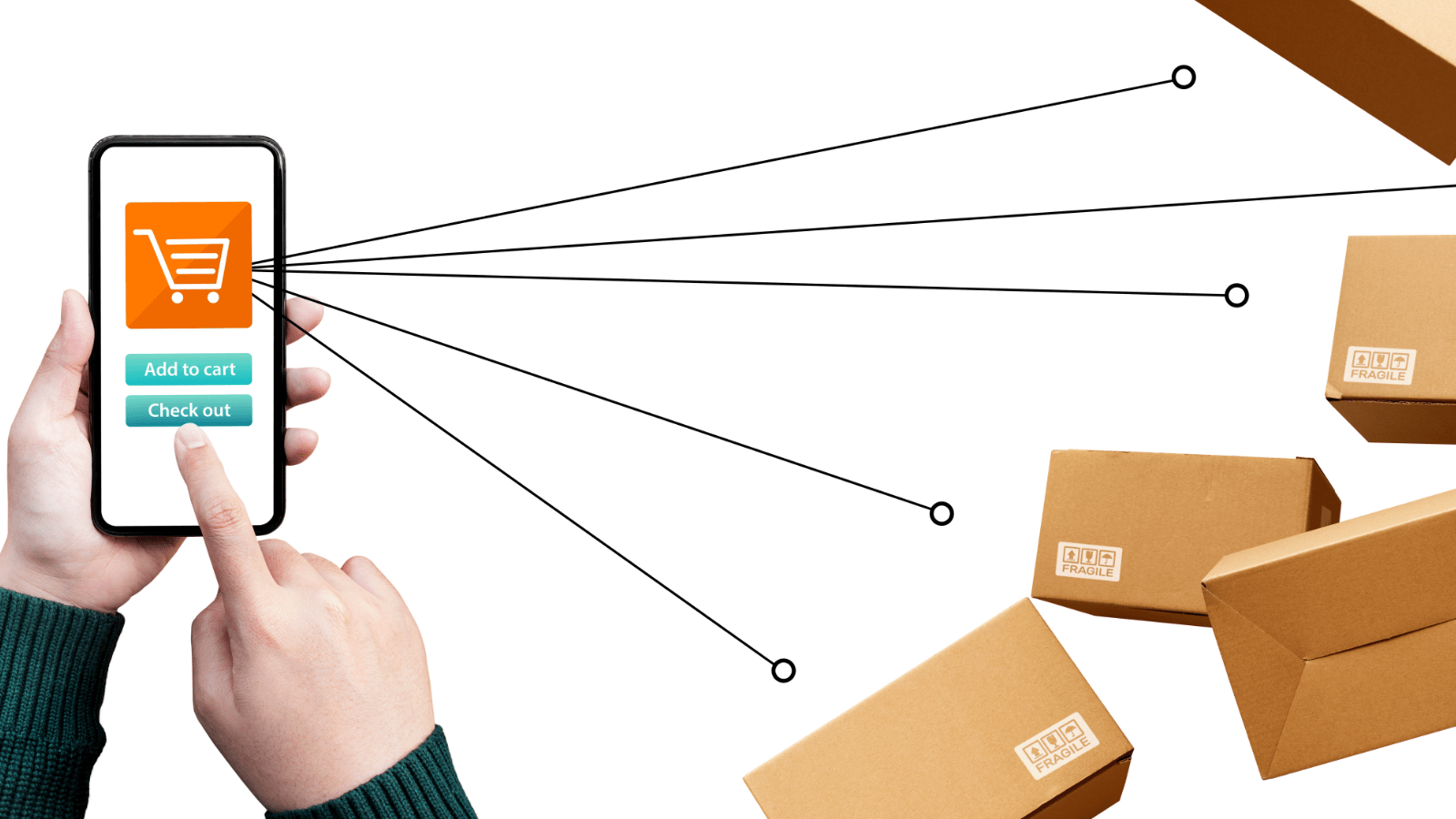

Technology-based interactive packaging:
Technology can be used in packaging to create an interactive experience for the consumer. Popular examples of this kind of design include touchscreens, QR codes, and even augmented reality on the package. Plant-based snack company Mezcla excelled at this type of packaging when it included a QR code on the package. Customers could scan the code to view artwork submitted by others worldwide and even submit their own.
Game-based interactive packaging:
Gamification is also succeeding at delighting customers and transforming packaging today. This type of packaging includes games or puzzles that the consumer can solve or play as part of the packaging experience. India’s most popular jam, Kissan, chose this route when it included a kid-friendly board game as a part of its jam packaging.


Customizable packaging:
This packaging allows the consumer to personalize the packaging by adding their own artwork or photos. Kokoa Hut put a brilliant spin on this idea by offering bags that buyers could customize. The bags contained tiny square boxes that could be flipped upward to create distinct images or text. Customers could play around with this feature and create custom texts like their name or a symbol like a heart or a star on their bags.
Future focus: Is interactive packaging the future?
Packaging now matters almost as much as the product, and in the coming years, the rise of interactive packaging as a preferred alternative to traditional options is perhaps inevitable. As a bonus, interactive packaging can be used for various products, including food, cosmetics, and consumer electronics.
Further, interactive and intelligent packing opens up a new avenue for successful customer engagement, which can be a fun and novel experience for the end user. Positive interactions like this can improve your top line because research reveals that around 72% of customers share good brand engagement and experiences with at least six others.

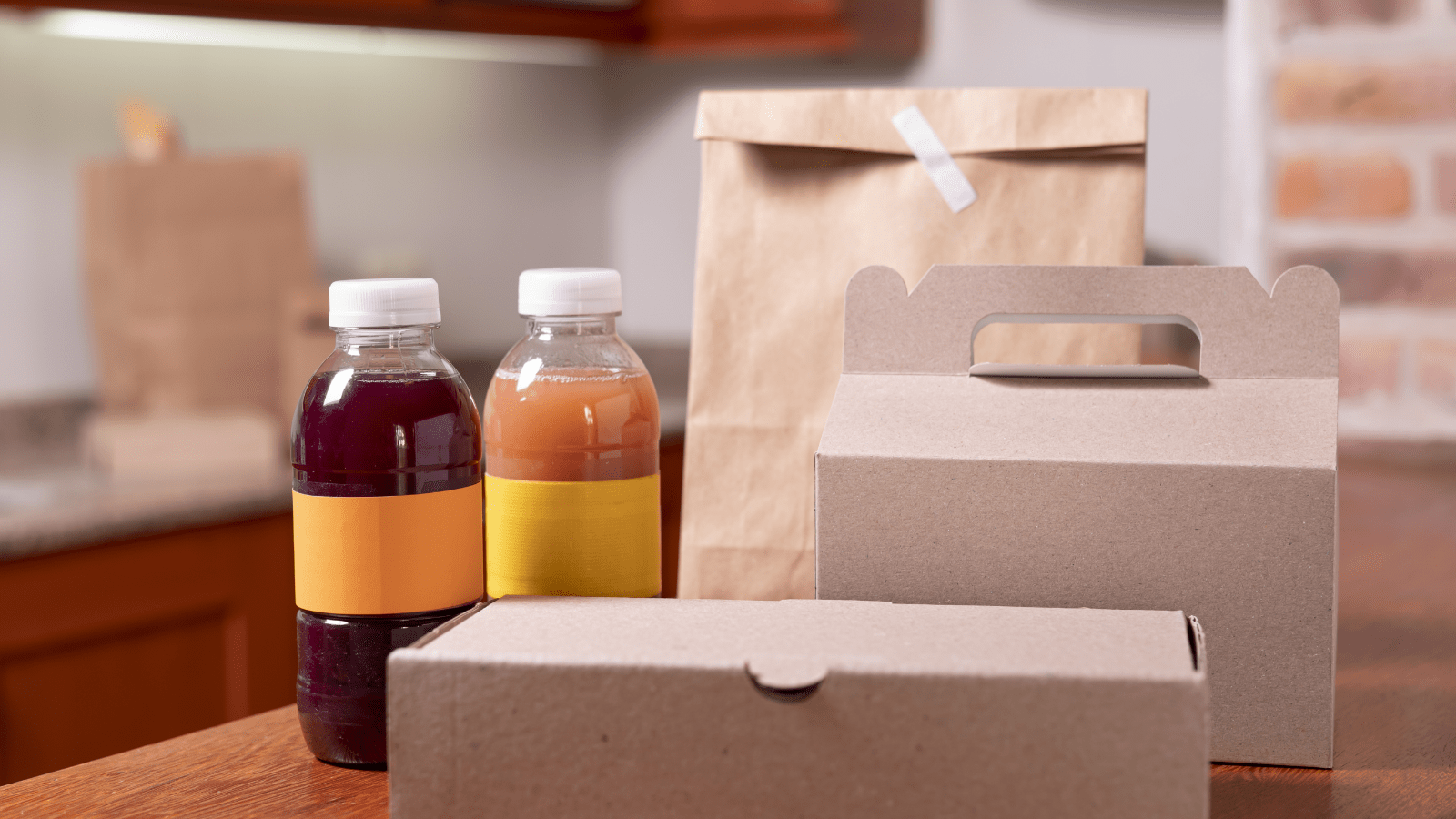
Want to stay ahead of the curve? A competent packaging solutions provider can help.
With the packaging industry’s landscape changing dynamically and supporting new trends in recent years, it is crucial to have a competitive edge today. Give your business the advantage it deserves by partnering with a comprehensive packaging solutions provider like Moglix. We offer extensive services in this domain, including vendor and inventory management, quality control and compliance and primary, secondary as well as tertiary packaging solutions. Visit our website to learn more.
A closer look at corrugated box packaging: And why it is the future of a circular economy

A closer look at corrugated box packaging: And why it is the future of a circular economy
Why corrugated boxes fit perfectly into the narrative of a circular economy
The American Forest & Paper Association had some encouraging news to report last year; a colossal 91.4% of old corrugated containers (OCCs) were recycled in the U.S. in 2021. Also, corrugated packaging ranks among the most recyclable options elsewhere in the world. This makes it a natural choice to pursue a circular economy, where resources are used, reused, and recycled in a closed loop — thus preserving natural resources and minimizing waste and pollution.
But even beyond their recyclability alone, corrugated boxes are the ultimate expression of a circular economy because they are sustainable across the product life cycle, from manufacture to recycling. Here’s how.
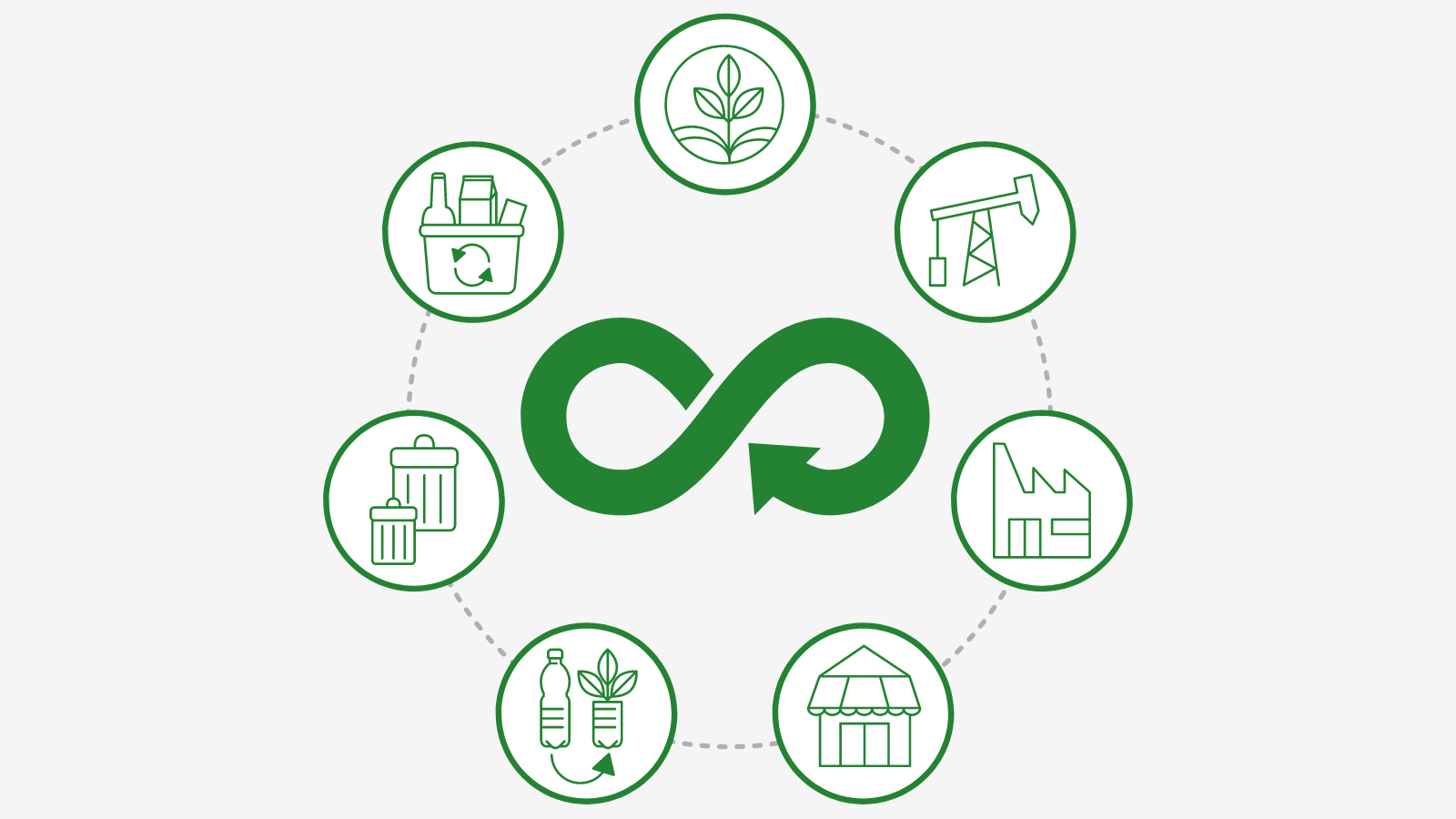
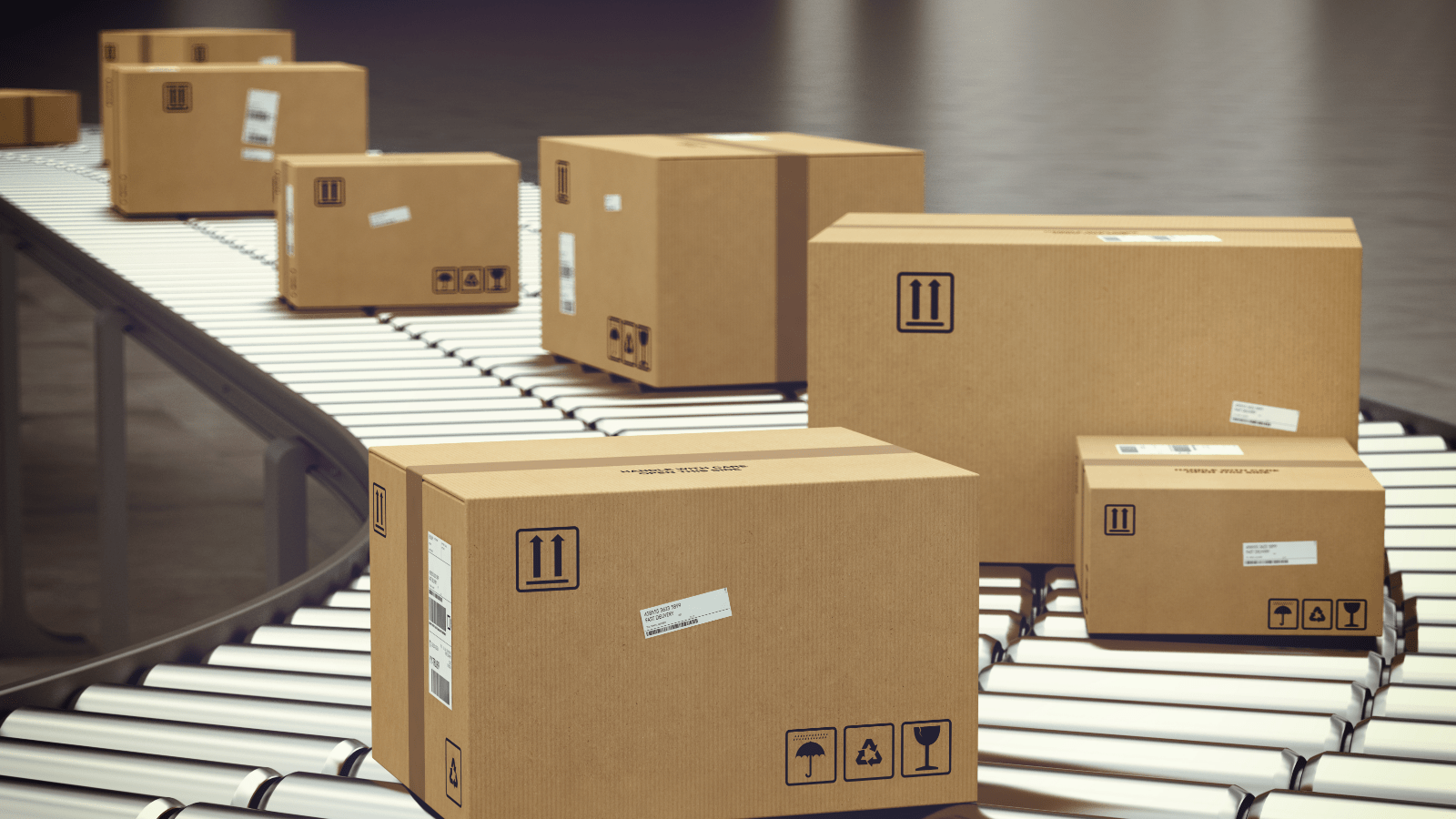
Manufacture and production
Life cycle assessment reports reveal that corrugated box manufacturers in the U.S. have been increasingly switching to renewable energy sources and simultaneously reducing greenhouse gas emissions. Elsewhere in the world, too, corrugated box production is highly sustainable, and with good manufacturing practices we can get good strength with higher percentage of recycled content.
Even in the regions that rely on fossil fuels for box manufacture, it can be relatively easy to make the transition to green energy sources that are also highly sustainable. This makes corrugated packaging a distinct example of circularity at the production stage.
Supply chain sustainability
Throughout its product life cycle, corrugated packaging is an integral part of the supply chain in various industries across the globe. From food and beverages, e-commerce, and office supplies to more sensitive products like electronics and healthcare equipment, corrugated boxes are perfectly suited to house many goods.
Sustainability is one of the key reasons driving the popularity of this packaging material. This, coupled with other valuable characteristics like rigidity, customizability, and scalability, only strengthens the case for circularity in corrugated packaging.


Reuse and recycling
Among the most recycled materials on the planet, corrugated boxes remain sustainable even toward the end of their usable life cycle. However, this is an area that requires a fair bit of streamlining, mainly when the boxes are used in last-mile delivery.
Since many end users are unaware of the high recyclability quotient of corrugated boxes, the cartons are often misdirected to landfills and other wastelands, pulling down the overall percentage of packages that can be put back into circulation. Awareness programs and conscientiousness among end users can reverse this situation and further improve the impressive role of corrugated boxes in a circular economy.
Want to give your business an advantage in the race to circularity?
Making the switch to corrugated box packaging or other recyclable packaging wherever possible could be a great place to begin. Moglix can be your ally in this challenging yet crucial transformation to sustainable solutions. Our end-to-end packaging procurement solutions can make the journey to circularity easier and quicker for you. Visit our website to learn more.

Moglix empowered India’s fastest growing investment firm redefine packaging for its fashion, home and beauty and personal care brands through in-bound packaging supply chain.
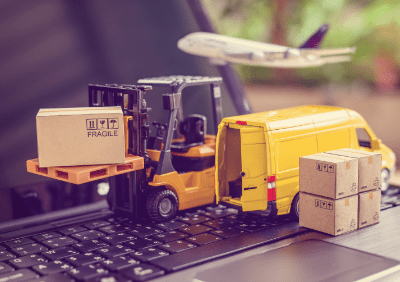
Moglix empowered India’s fastest growing investment firm redefine packaging for its fashion, home and beauty and personal care brands through in-bound packaging supply chain.
Moglix empowered India’s fastest growing investment firm redefine packaging for its fashion, home and beauty and personal care brands through in-bound packaging supply chain.Read More
The Top 8 Industries that Use Corrugated Box Packaging

The Top 8 Industries that Use Corrugated Box Packaging
Corrugated materials are among the most popular kings of box packaging used worldwide. Leading market researcher IMARC group pegged the size of the corrugated box market at $198 billion last year and expects the market to nearly hit the $230 billion mark by 2028.
A significant portion of this tremendous growth can be traced back to certain select industries that rely significantly on corrugated box packaging. Here are eight such market segments.
Food and beverages
Corrugated boxes are particularly suitable for packaging and storing food products because they offer a unique advantage — resistance to bacterial infections. Since they keep the food items fresh, germ-free, and safe, these cartons are widely used in the F&B sector.
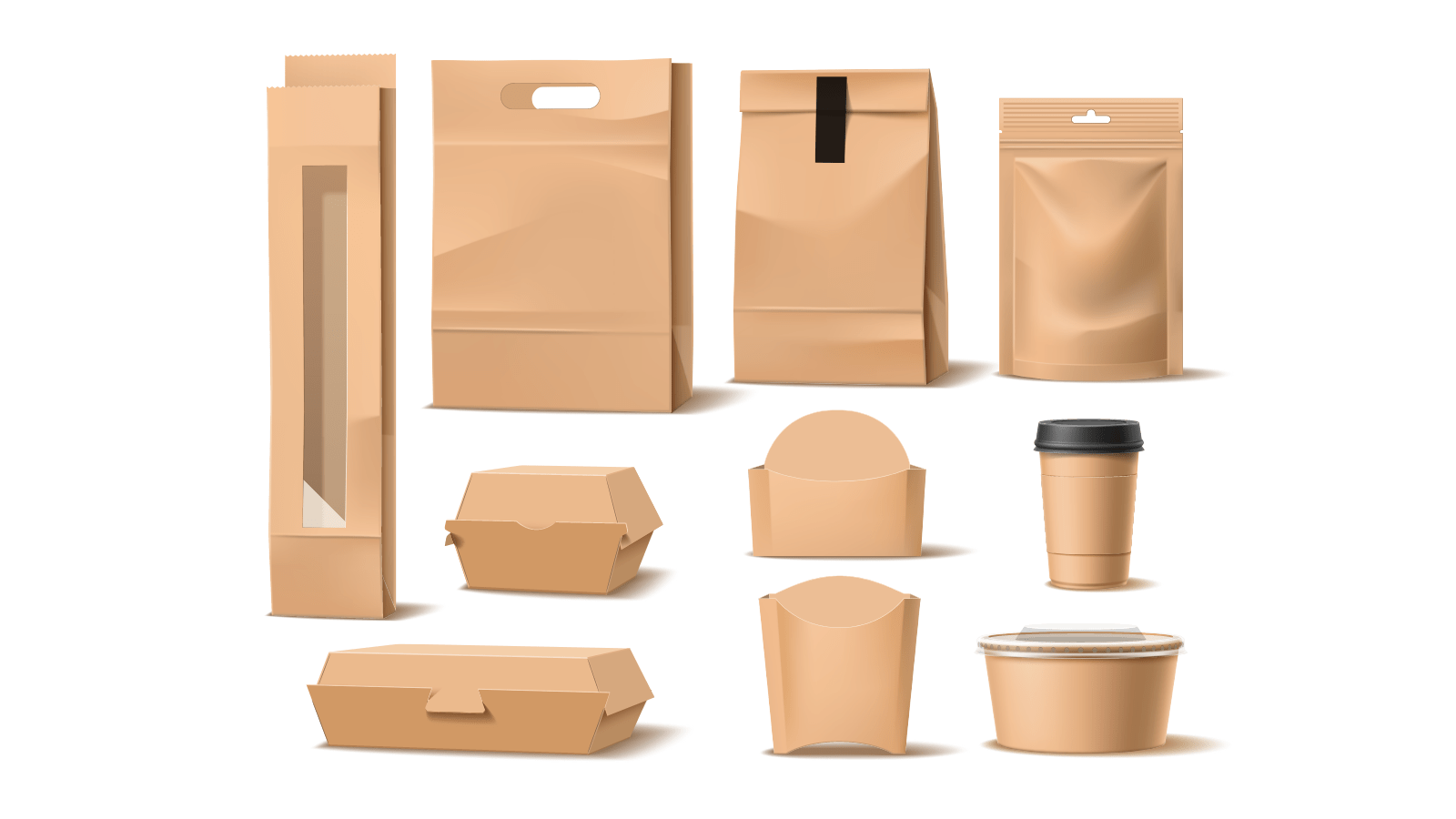

E-commerce
Corrugated packaging is easily the backbone of the e-commerce industry owing to its various benefits, like easy customization. Cartons come in different sizes to suit a wide range of products in the e-commerce supply chain and can be personalized to reflect brand values.
Office supply and stationery
The office supplies market worldwide is expected to increase at a CAGR of 1.9%, from USD 130.5 billion in 2021 to USD 149.4 billion by 2028. Corrugated packaging is integral to this booming industry for reasons ranging from scalability to availability and longevity.
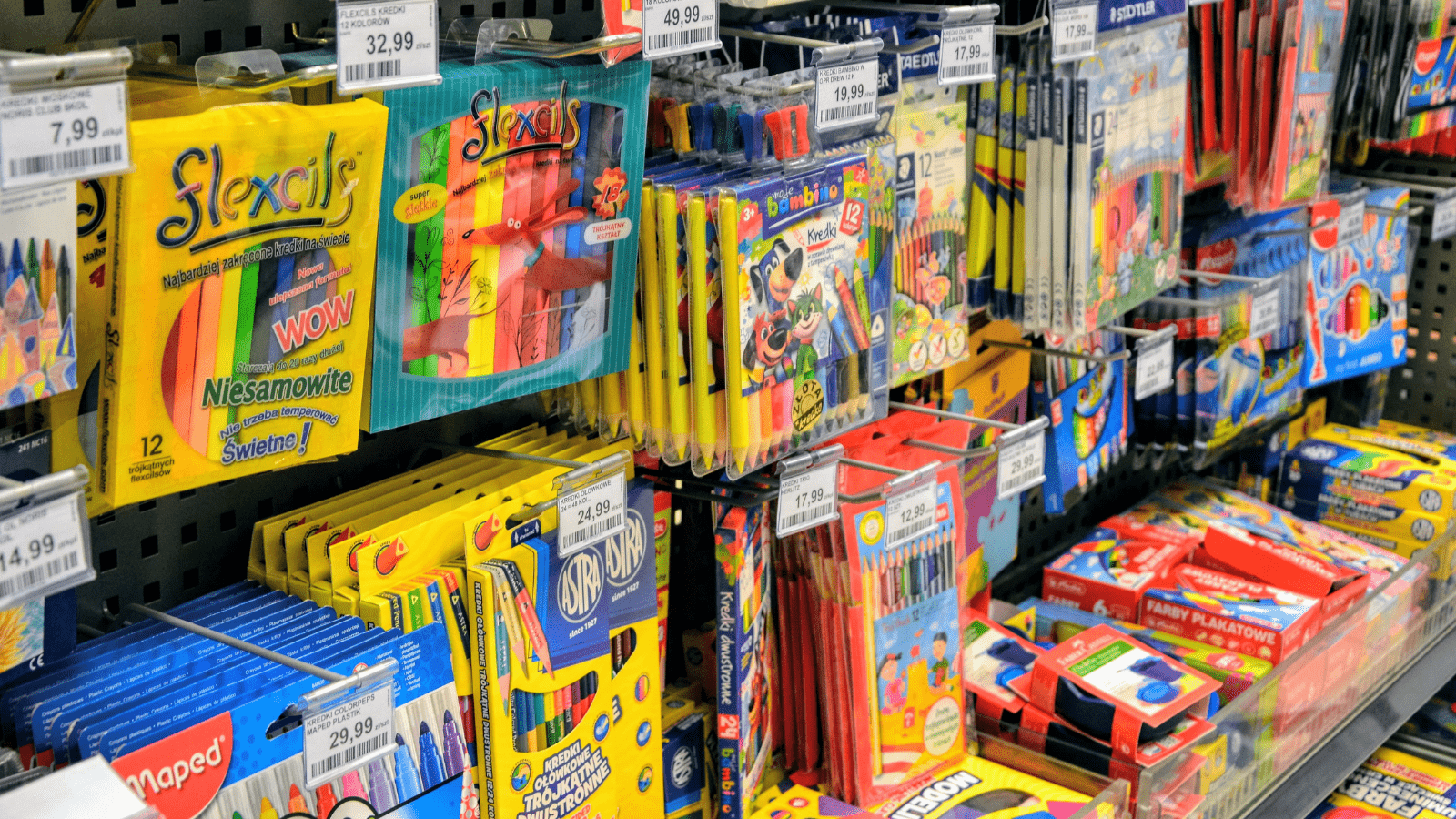

Textiles
Packaging for textiles and apparel needs to be attractive, fuss-free, and indicative of the brand’s unique signature. Corrugated packaging helps check all these boxes, making it one of the preferred solutions in the textile industry’s supply chain across the world.
Luxury goods
Corrugated packaging is the only rigid medium that can be cut and folded into infinite shapes and sizes. This unique blend of customizability coupled with strength has made it a trendy packaging solution in the luxury goods market.


Healthcare
Whether it involves transporting medicines and pills or sensitive and delicate medical equipment, corrugated box packaging can be ideal for many reasons. It is rigid, hygienic, and easy to manufacture in different shapes to pack equipment of different sizes snugly.
Electronics
Although it’s easy to overlook, electronic products can be extremely fragile. Therefore, nothing but the sturdiest and safest packaging will do when they are shipped over long distances and across borders. The electronics industry, it appears, has found its solution in corrugated packaging.


Hazardous materials
Corrugated packaging can also be made water-resistant and highly tolerant to temperature changes. These attributes are why it is a preferred packaging material for transporting hazardous materials, batteries, etc.
Need corrugated box packaging? The right packaging solutions can make procurement a breeze.
Most corrugated box packaging is 100% recyclable, making them an excellent choice if your business is keen on increasing its sustainability quotient. Moglix can make it easy to procure the best-corrugated packaging for your primary, secondary and tertiary packaging needs. Visit our website to learn more.
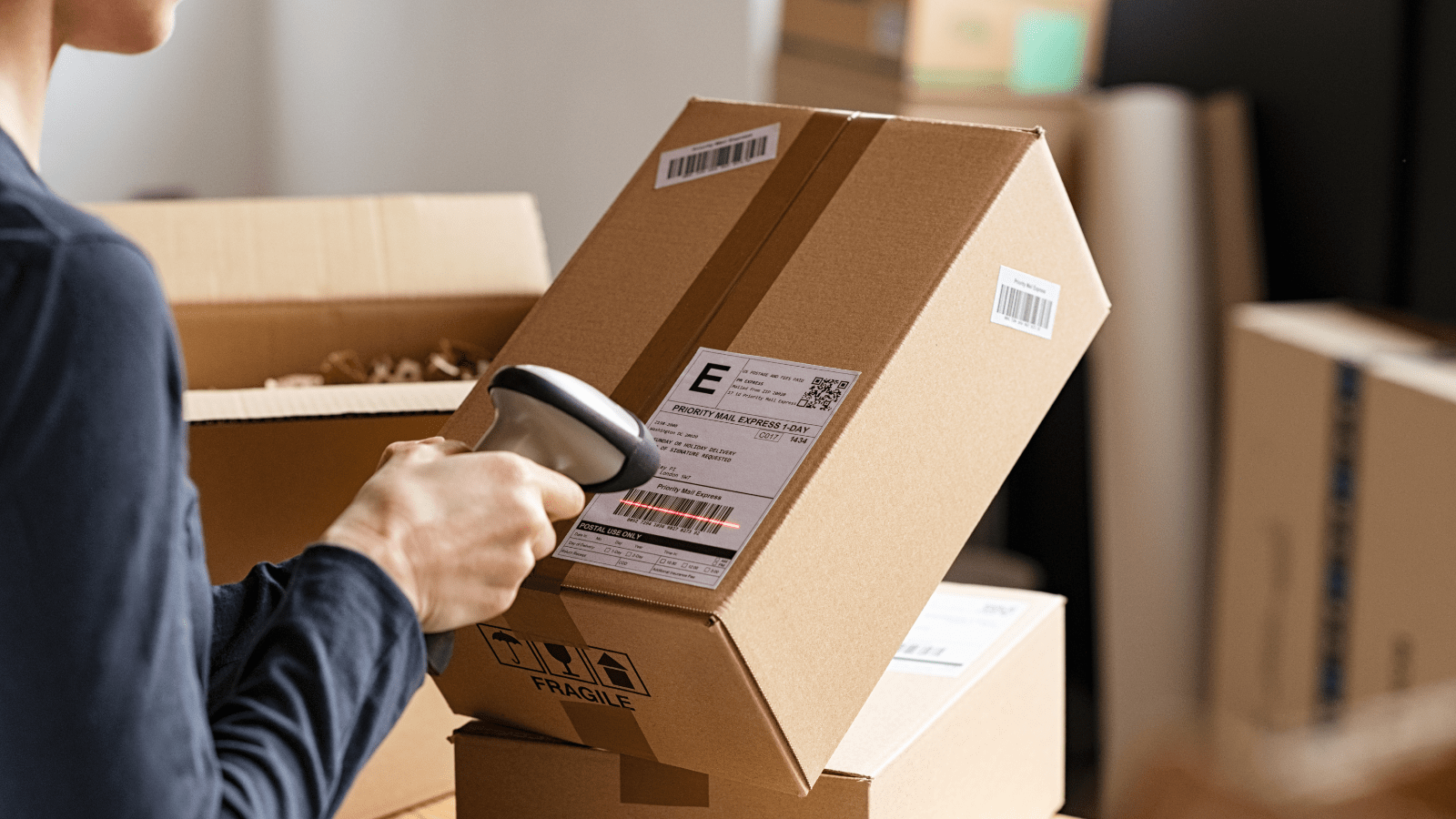
Trend watch: Top 7 types of packaging materials that are industry favorites today
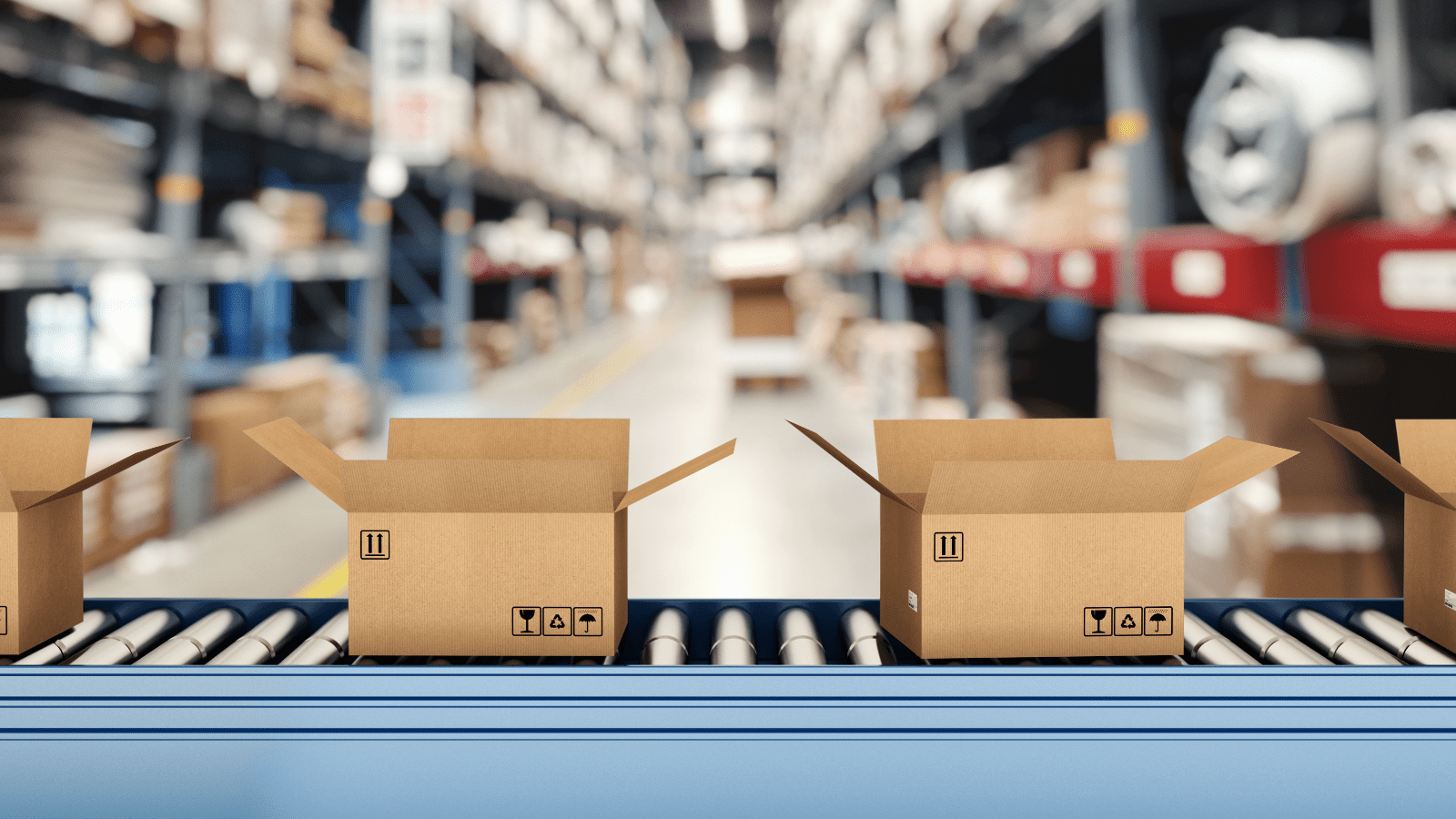
Trend watch: Top 7 types of packaging materials that are industry favorites today

The global packaging market is one of the fastest-growing economic segments today. In India, too, the packaging industry — worth over $917 billion in 2019 — is growing at a CAGR of 2.8% and is expected to hit the $1.05 trillion mark by 2024. If your business operates in this dynamic market segment, it is imperative that you remain aware of what’s driving the packaging sector and what your peers are doing.
One such essential trend to watch is what packaging materials are the industry favorites in the current scenario. Here’s a closer look at the seven most common packaging materials businesses use today.
1. Paperboard boxes
Boxes made of paper and paperboard are among the most common types of packaging used today. Paperboard is available in different varieties like kraft paper and SBS paperboard. It is typically preferred by businesses in the food and beverage industry, although paper packing is also standard in transporting electronics, cosmetics, chemicals and even heavy goods.
2.Corrugated boxes
Valued at $70 billion in 2022, the corrugated packaging market is one of the fastest-growing segments in the industry. Since most corrugated boxes are entirely recyclable, this is one of our most sustainable packaging options. Corrugated packaging is suitable for various products like food, textiles, electronics, healthcare goods and more.
3.Plastic packaging
Plastic packaging is everywhere, from bottles and boxes to cups and bags. Data shows us that the global plastic packaging market is growing at a CAGR of 4.2% today. Despite this, plastic remains a global concern since it is highly unsustainable. It is why many companies prioritise using plastic-free packaging, or at the very least, recyclable plastic.
4.Rigid box packaging
A tad bit more luxurious than corrugated boxes and paperboard packaging, rigid boxes are around four times thicker. So, they are typically preferred for premium products like mobile phones, jewelry, watches, expensive electronics and other luxury goods. In addition to being sustainable, rigid boxes also offer superior product protection and brand value addition.
5.Metal packaging
The growth of e-commerce and retail, the rise in global Predominantly used in the food and beverage industry, metal packaging can be sustainable depending on the material used. Aluminum tops the list of sustainable metal packaging since it is easy to recycle and results in minimal wastage. Tin is also another sustainable packaging option in this category.

6.Glass packaging
Glass is also a sustainable choice for businesses looking to switch to plastic-free packaging. Best suited for premium food and beverage products, glass packaging is also preferred for other products like chemicals, medicines, cosmetics and more. But, on the flip side, it is pretty expensive and fragile.
7.Flexible packaging
Due to its ease and convenience, flexible packaging is quickly becoming one of the industry’s most preferred types of packaging. This kind of packaging is cost-effective, and rescues waste. It is made from pliable materials like paper, foil, coated paperboard or polymer films.
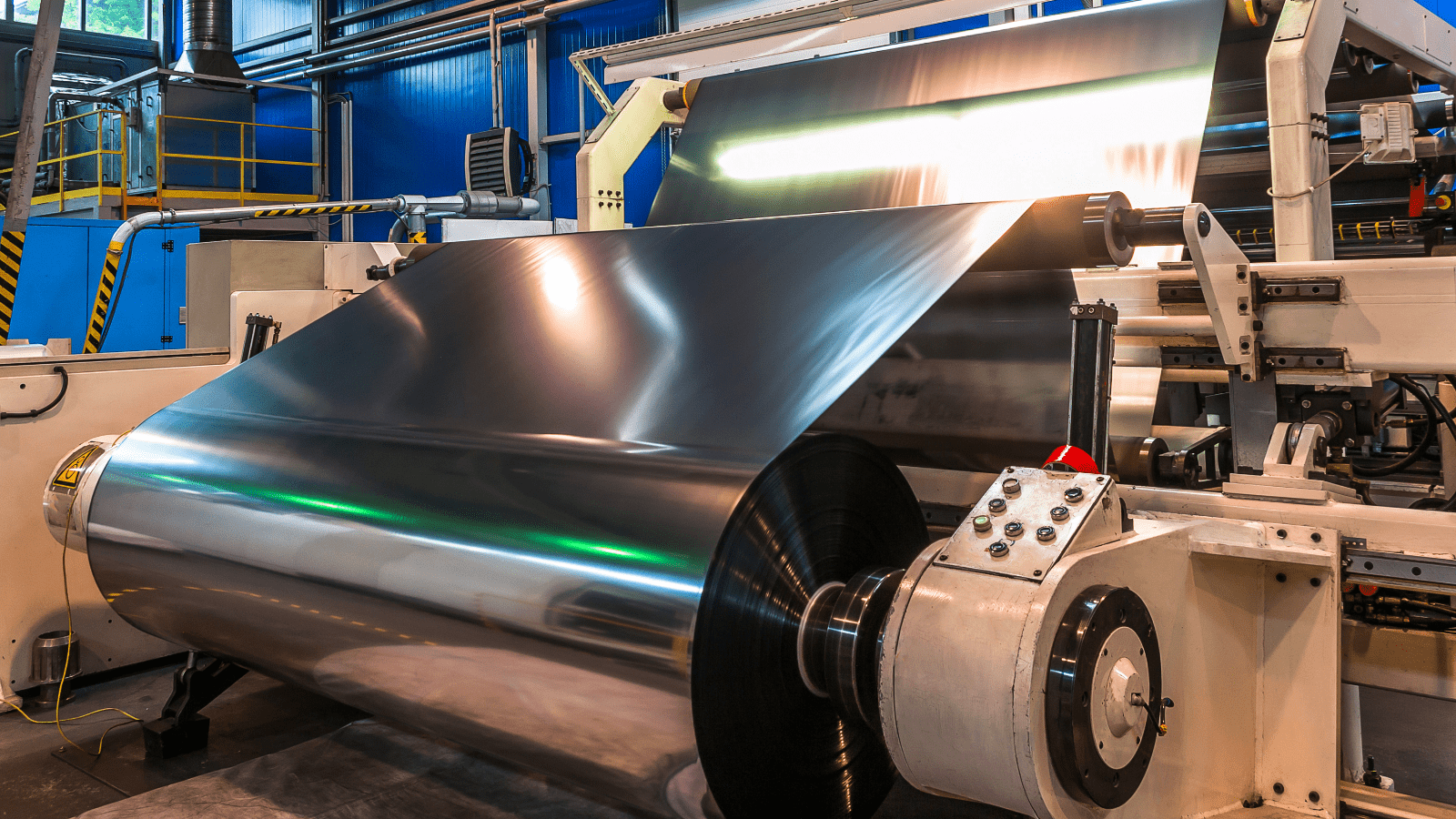
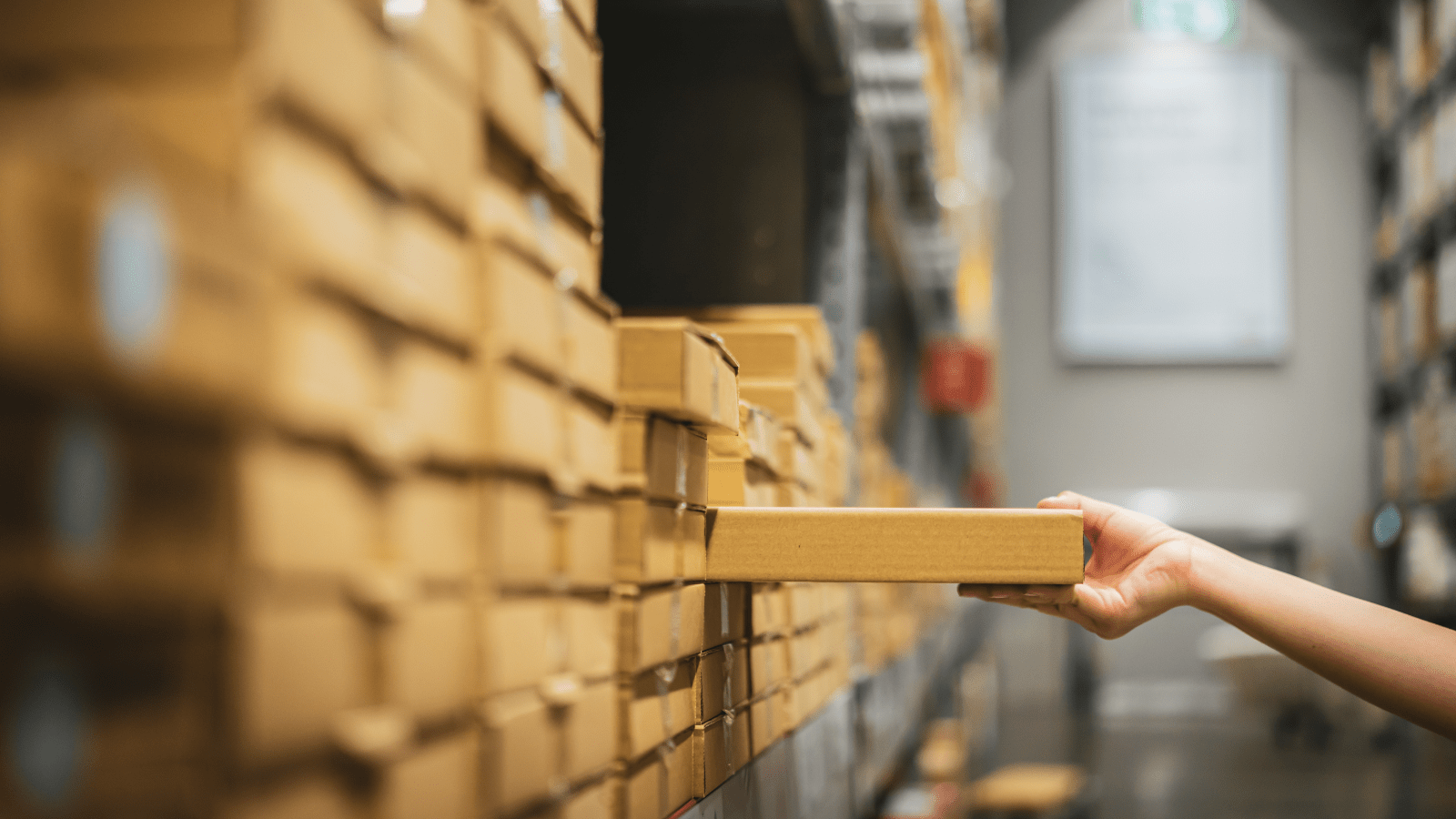
What packaging materials are you choosing today?
There’s no denying that it’s easy to opt for the most common packaging materials in the market. However, sustainable options like plastic-free and recyclable packaging are the need of the hour. And businesses keen on remaining at the top of the game over the long run need to strike the right balance between what’s easy and what’s right.
A competent packaging solutions provider like Moglix can help you make the right choice with innovative and competitive primary, secondary and tertiary packaging solutions. Visit our website to know more.
Moglix Enables India’s Largest food delivery services to transform packaging solutions ranging from primary to tertiary packaging material.

Moglix Enables India’s Largest food delivery services to transform packaging solutions ranging from primary to tertiary packaging material.
Moglix Enables India’s Largest food delivery services to transform packaging solutions ranging from primary to tertiary packaging material.Read More
Key trends molding the future of packaging

Key trends molding the future of packaging
On a global scale, the packaging industry is one of the fastest-growing economic segments today. A recent study by the reputed market research store ‘Research and Markets’ reveals that the packaging sector could grow by over $220 billion by 2027. Looking back at the decades, McKinsey & Company has identified three defining eras in the global packaging industry. The first two — from 2000 to 2020 — were marked by substrate shift changes and changing consumer behavior.
The current era of packaging, however, is characterized by extensive digitization and sustainable packaging. Therefore, businesses in the packaging sector need to be aware of the key trends driving this industry phase, so they can stay ahead of the curve by adopting the necessary best practices.
4 key trends shaping the future of packaging
Here is a preview of the top trends driving primary and secondary packaging today.
1. Sustainability at the forefront
Businesses today are starting to prioritize sustainability and environmental awareness. As a recent global survey by McKinsey & Company revealed, around 75% of packaging purchasers are committed to choosing sustainable options. To remain in the game, organizations need to align their processes with the principle of sustainability and take active steps to become — and remain — environmentally friendly.
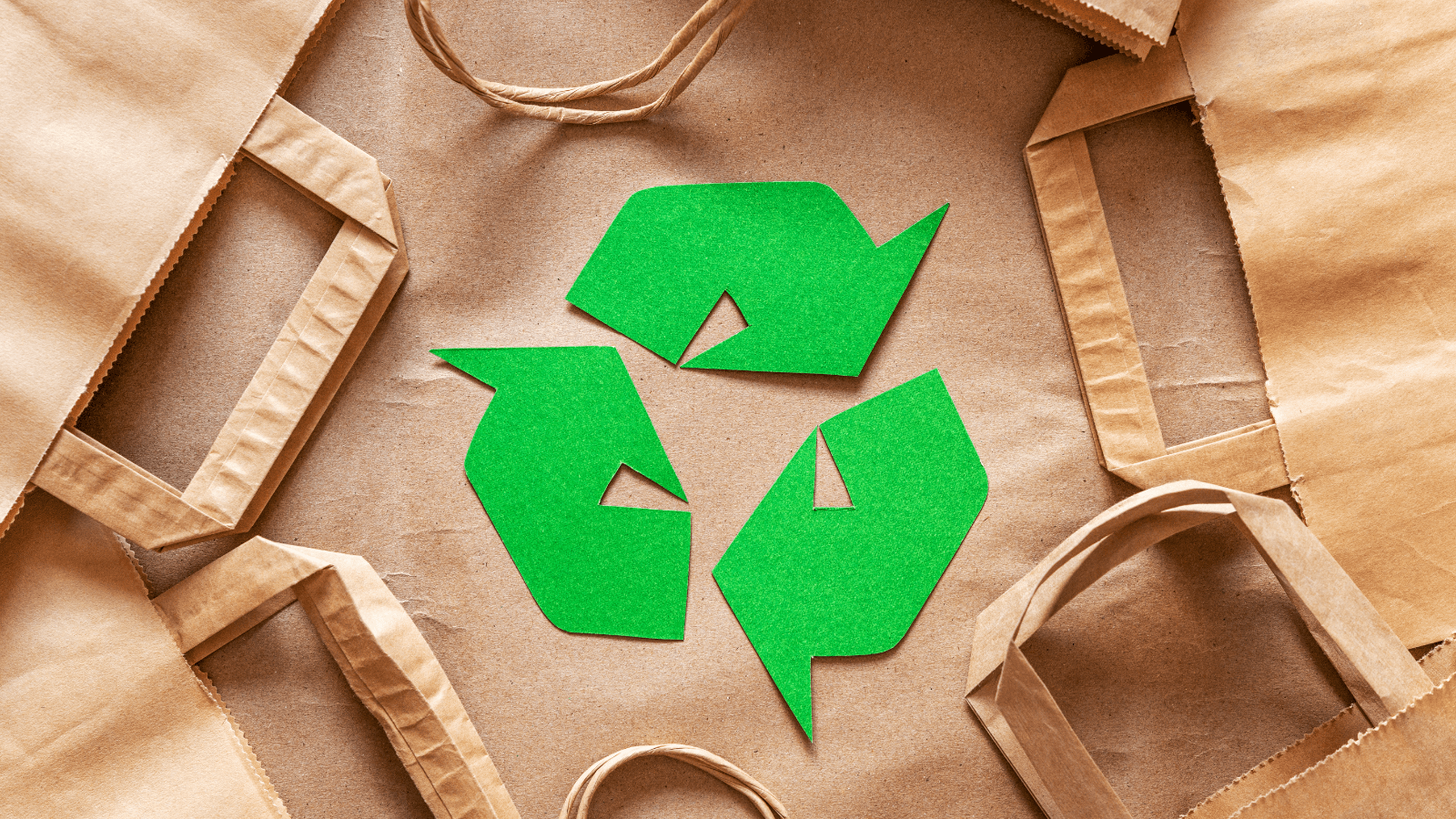

2.Personalized packaging
Personalization, which can be easily integrated into both primary and secondary packaging, is another increasingly trending concept in the 21st century. With a personal touch becoming even more essential after the pandemic, it’s no surprise that the global personalized packaging market hit the $32.57 billion mark in 2021 and is expected to grow at a CAGR of 5.28% by 2030.
3.Increased preference for flexible packaging
Flexible packaging is convenient, easy to store, and highly practical. When done right, it has better shelf appeal, offers improved cost economics, and is well-suited for eCommerce. Owing to its many advantages, flexibility is becoming another trending packaging requirement in the current era. Businesses can also marry the goal of sustainability with flexibility by choosing materials that check both these boxes, like paper, fabric and recyclable plastic.
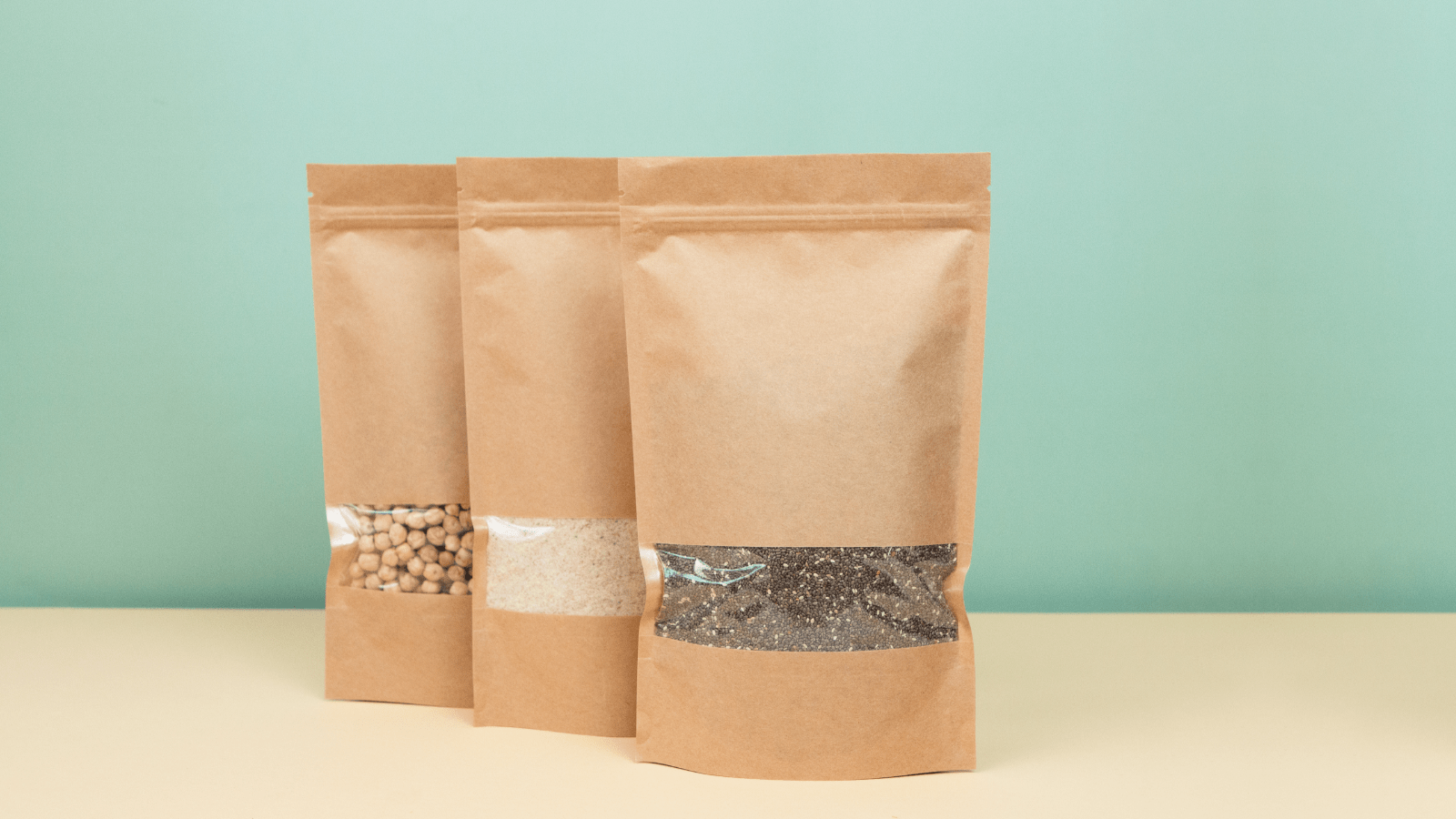
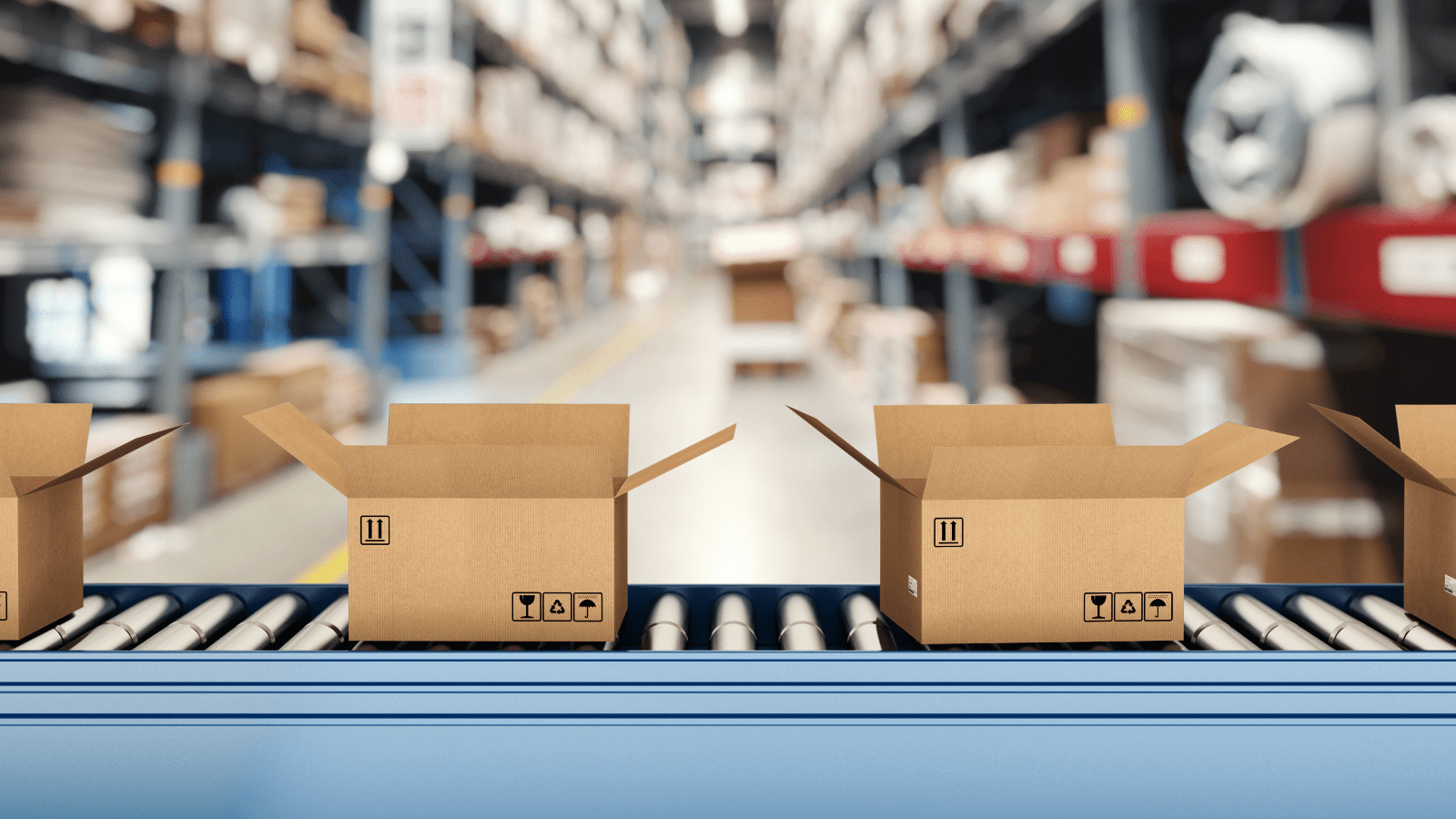
4.Smart packaging solutions
Digitization is changing the packaging sector, and the rising trend of innovative packaging solutions is proof of this. Intelligent packaging solutions like biosensors, temperature and freshness indicators and even data carriers like barcodes and RFIDs are revolutionizing packaging as we know it today. Businesses that keep pace with these trends will likely have a head start in the race to the future.
5.Focus on smart and reliable export packaging
The growth of e-commerce and retail, the rise in global food demand, globalization, and the expansion of design and innovation in the product lines of well-known multinational firms all impact the expansion of global trade. Therefore, we may expect to see a trend that focuses on creating smart, reliable, cost-effective export packaging in the coming years.
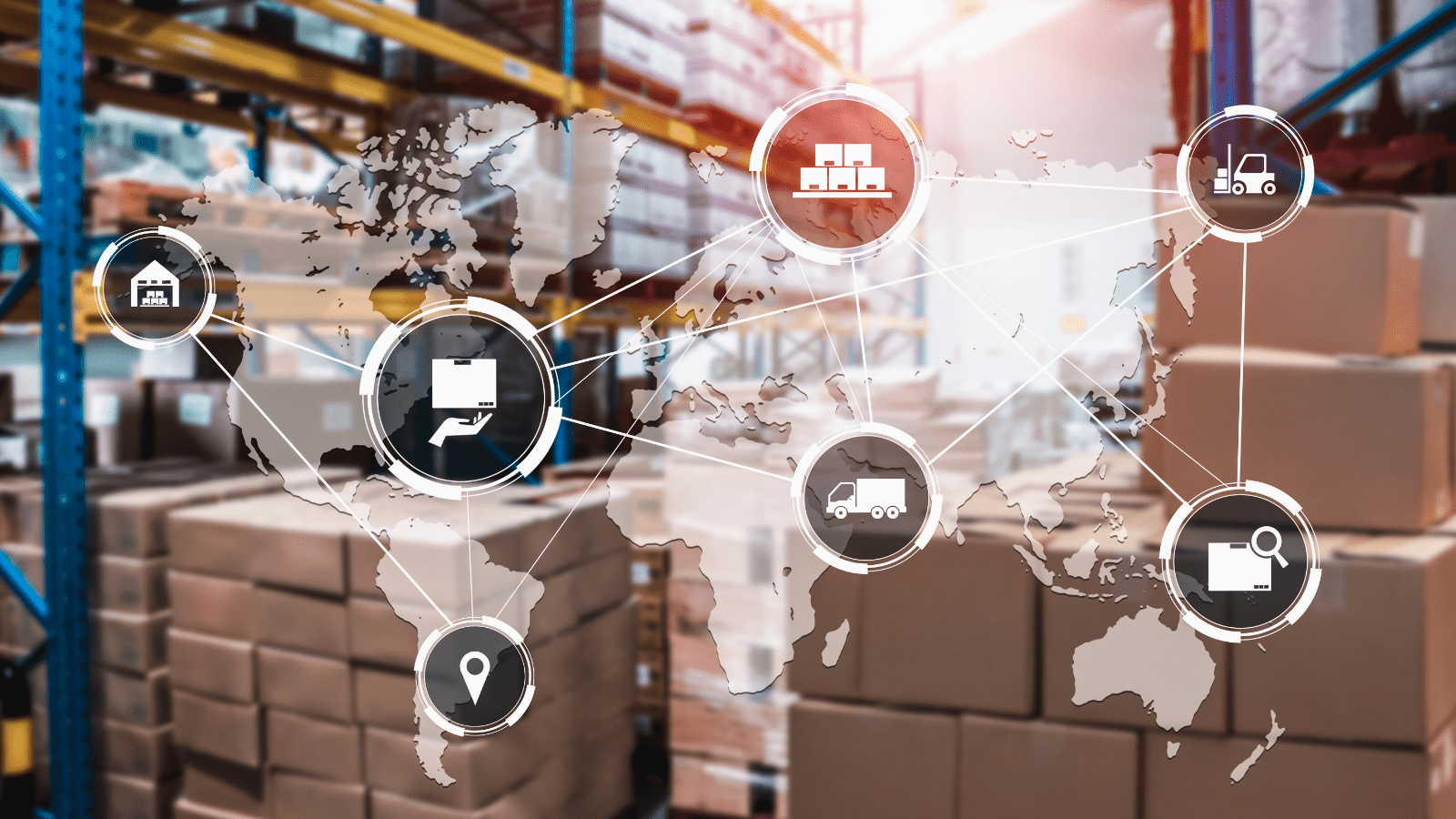
Want to keep up with the future? Choose the right packaging solutions provider today.
The right packaging solutions provider can help your business easily navigate the new era of sustainable packaging. Choose Moglix to get the advantage of comprehensive sustainability and compliance solutions, quality adherence, vendor consolidation, and inventory management. Visit our website to learn more.
Circularity at Scale: Transforming the Packaging Industry
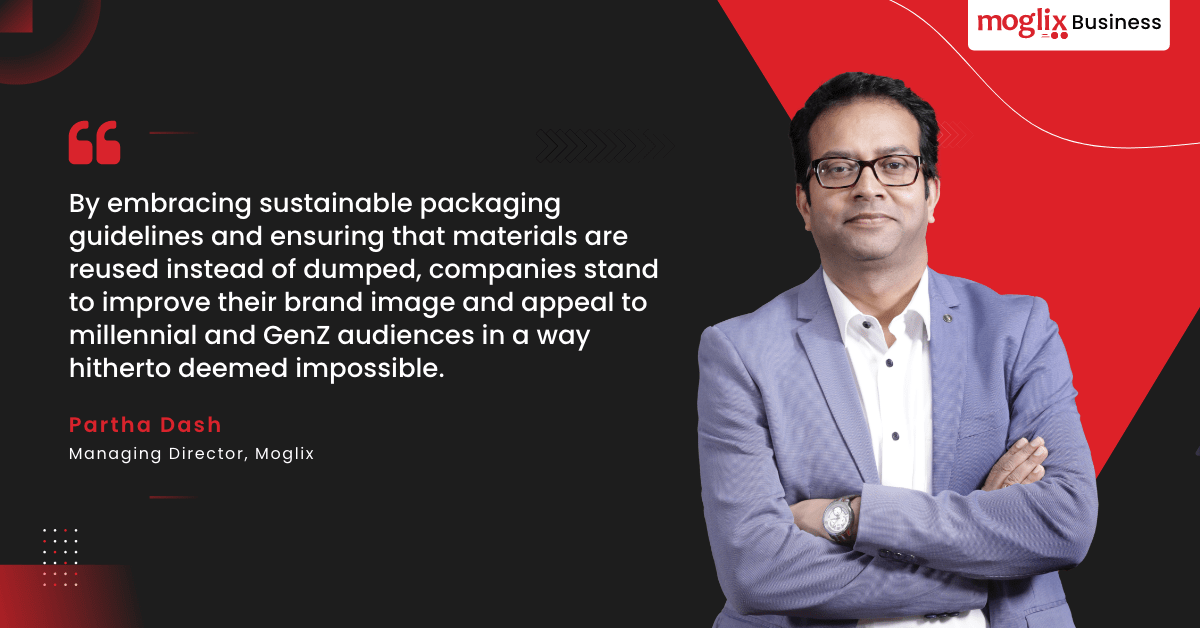
Circularity at Scale: Transforming the Packaging Industry
In its 2022 report, Circularity Gap Initiative revealed that only 8.6% of all material used by humankind is recycled, with the rest contributing to the rising waste levels. A circular economy prioritizing recycling and reuse is the need of the hour that entails keeping raw materials, goods, and services in circulation for the longest time possible, limiting the level of waste that gets generated on a global scale.
Most of the per capita waste generated globally comes from primary, secondary, and tertiary packaging; hence, the packaging is one of the focus industries that should adopt circularity. Circularity in packaging necessitates achieving sustainability along with good business sense for better adoption and longer haul.
Food Packaging 101: A Handy Guide to Staying Ahead of your Peers
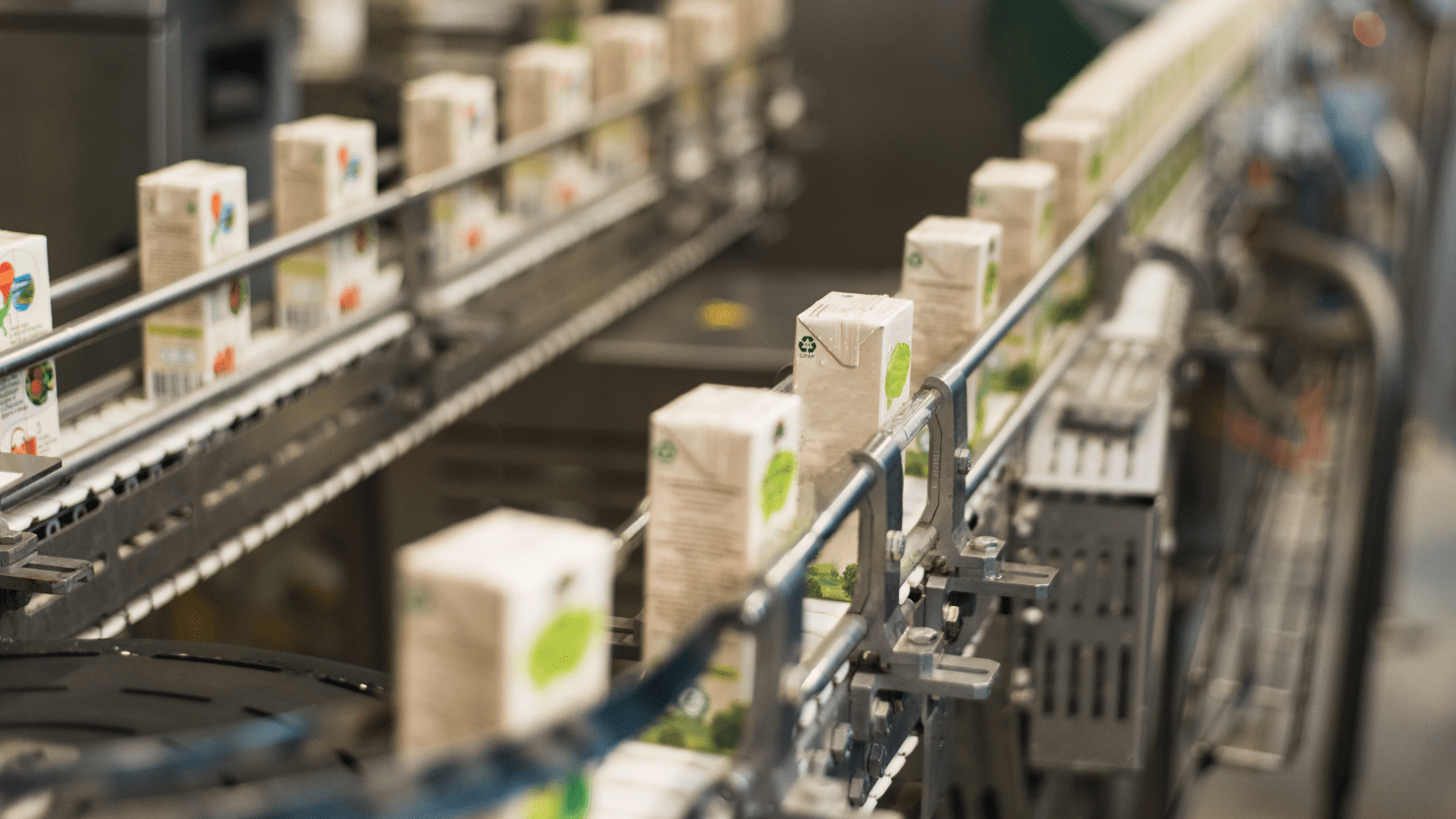
Food Packaging 101: A Handy Guide to Staying Ahead of your Peers
When you think of India’s most significant economic sectors, segments like information technology, energy and finance may come to mind. But, while these are undoubtedly some of the top sectors today, one rapidly growing industry is quickly coming into the spotlight — the food packaging market.
The Packaging Industry Association of India (PIAI) pegs the sector’s annual growth rate at 24% to 27%. And Report Linker forecasts that the Indian food and beverage packaging market, valued at $26.28 billion in 2019, could reach $122.78 billion by 2025.
Given this kind of rapid growth, businesses in this sector must prepare for massive changes in the road ahead. The first step is to understand why food packaging is essential.
Five reasons food packaging is an integral part of the food and beverage industry
Any business operating in the F&B market relies heavily on proper packaging to keep its operations afloat. When done right, food packaging can not only positively impact the food and beverage products themselves but can also help cut down global emissions levels. Here is an overview of the top reasons food packaging matters today.
- It prevents product contamination.
- It improves the product’s shelf life.
- It prevents tampering with the contents.
- It draws in customers.
- It offers end users vital information about the ingredients.
Top challenges for food packaging companies in 2022
Despite the undisputed importance of food packaging, the industry has challenges. If you are in the food and beverage packaging business, here are some key complications you need to be ready to tackle.
- Upgrading to new and innovative technology that adds value to your business
- Generating cash flows to meet the rising costs of food packaging raw materials
- Plugging the gaps in vendor procurement
- Making the switch to more eco-friendly packaging solutions
- Meeting the sustainability goals expected from food packaging brands
Navigating these challenges: Here’s how your business can gain a competitive edge.
Given that the food packaging industry is thickly populated, you need the right strategy to remain ahead of the competition. Here are some actionable tips that can help.
- Choose the right packaging materials for different foods and beverages
- Ensure your food packaging is practical and user-friendly
- Prioritize the usage of sustainable and biodegradable packaging
- Make your packaging attractive without compromising on the information it offers
- Encourage brand loyalty with comprehensive customer relationship management solutions
Want to stay ahead of the curve? Choose the right packaging solutions provider today.
To overcome the primary challenges in packaging and cement your brand’s presence in the industry, you need a reliable packaging solutions provider in your corner. Moglix can help you with comprehensive quality adherence, sustainability and vendor and inventory management solutions. Visit our website to learn more.
Moglix Enables India’s Largest Online Store for Baby and Kid Products to Transform Its In-Bound Packaging Supply Chain with Technology

Moglix Enables India’s Largest Online Store for Baby and Kid Products to Transform Its In-Bound Packaging Supply Chain with Technology
Moglix Enables India’s Largest Online Store for Baby and Kid Products to Transform Its In-Bound Packaging Supply Chain with TechnologyRead More


